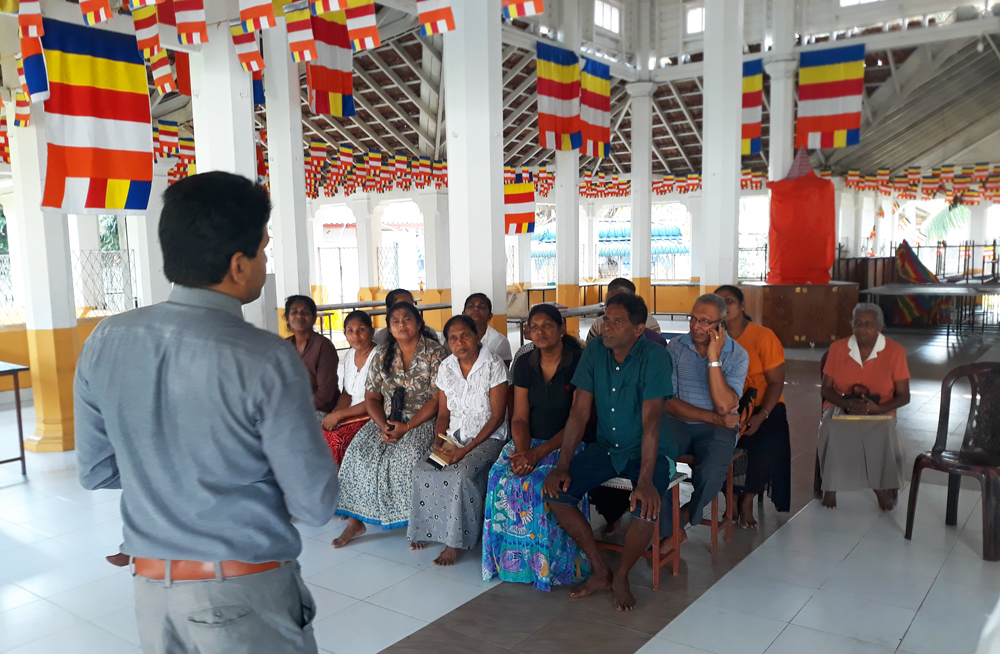
Project 5
Population based primary prevention of non-communicable disease
We are implementing a population-based multi-component lifestyle and environmental intervention to reduce cardiovascular disease and type-2 diabetes risk factors. Main outcome measures included increased fruit and vegetable consumption and physical activity and reduced cigarette use in South Asia, starting with Sri Lanka.
The intervention is designed based on two leverages: ongoing surveillance site cohort study by the Unit and existing happy village by Ministry of Health (Health Promotion Bureau). We designed a staggered match-pair cluster randomized trial in 100 surveillance sites in Sri Lanka. Pairs of surveillance sites will be randomly allocated to treatment and control overtime, aligning with the cohort study. A multi-component intervention has been designed to target improvement in the environment of cigarette and food retail and advertising in the community including schools. The intervention will also target lifestyle changes through regulation on banning cigarette and sugar-sweetened beverages at schools and workplaces and nudges to increase physical activity. The implementation will be done through the happy village volunteers together with local stakeholders. The cohort study will serve as baseline (since October 2018) and follow-up data for impact evaluation. Process evaluation will be conducted to explore feasibility, barriers, and facilitators to implementation, which will be the basis for scaling up in Sri Lanka as well as India, Pakistan and Bangladesh.
The ambition is to work together with these countries to develop policy strategies based on successful components of the interventions tested in the experimental work that can be applied at a national level to mitigate known risk factors for NCDs.


